Being a university student, you must have heard about various reflective cycles that play an essential role in learning. One is the Kolb reflective cycle, which is also essential for students. So, if you are unaware of this, it is the best place. This blog is crafted to inform you all about Kolb's experiential learning theory along with explaining Kolb's 4-stage learning cycle. So, let's start with understanding what it is.
What Is a Kolb Reflective Cycle?
The Kolb reflective cycle is an extensive learning and development process particularly based on reflections of active experiences. Educational theorist David A. Kolb created it in 1984 by an American. The cycle starts with an experience, followed by reflection on that experience. These are then assimilated and distilled into abstract concepts which can be actively tested.
Kolb's reflective cycle is designed to help people to learn from their experiences. You can use it as a basis for the structure of a reflective essay or any other you want to form it. By embracing your learning style and comprising David Kolb's theory, you can develop adaptability and learning across various personal and professional experiences.
It is based on four cyclical stages and requires you to work on each one before the cycle leads to new experiences and comes back around. Also, it embraces the idea of knowledge, which is continuously gained through personal and environmental experiences. Now, let's dive deeper into the origination of the Kolb model of reflection.
How Did Kolb's Model of Reflection Originate?
David Kolb published his experimental, reflective model, or what we can call experimental learning theory(ELT), in 1984. He was born in 1939 and studied for his undergraduate degree from Know College in 1961. He then has a Ph.D. in social psychology from Harvard University.
Inspired by the work of great psychologists Kurt Lewin and Jean Piaget. He has written numerous books, chapters and articles. Also have won several awards. His interest and experience influenced Kolb's psychology, education, and business work. His first reflective model was first articulated in his influential book 'Experiential Learning: Experience as the Source of Learning and Development'. It is totally based on Kolb's Learning Cycle theories.
It is also known as experimental learning theory, which explains that anyone can learn through direct experiences. A person learns from the actions taken in any situation.
What Are the Four Stages of Kolb's Reflective Cycle?
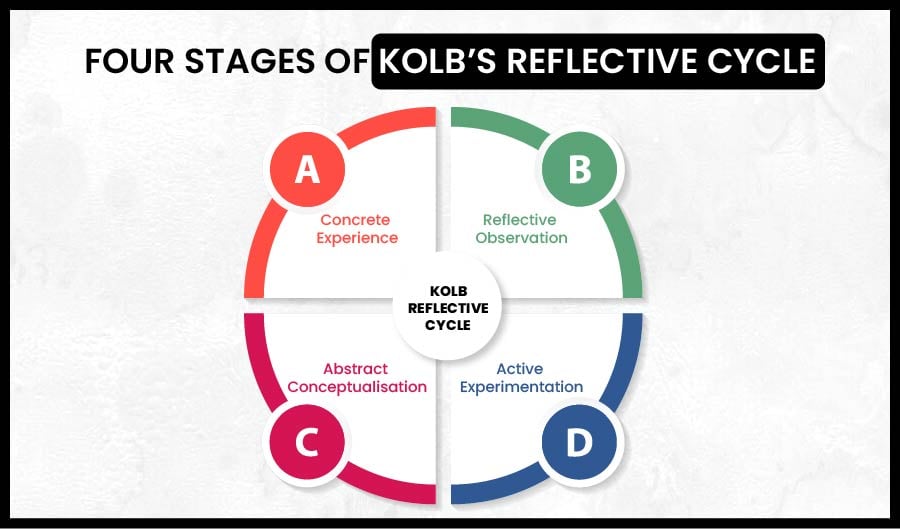
Let's look for the four-stage learning cycle of Kolb reflective model, as when the learner progresses through every step, then your learning is achieved. Using the logical sequence, you can learn and understand every cycle step. These stages are
Concrete Experience
The first stage in Kolb's reflective model involves a new experience or situation. It is the phase where learners immerse themselves in predetermined ideas. You must know that this step focuses on factual information and explains the whole context of the situation. When it comes to experiencing something, you must describe your experience throughout the time as you encounter new situations daily. The aim is to create an effect that the learners can connect with personally.
Reflective Observation
In the second stage, learners take a break and consider their experiences. This phase is about observing the actions and the results, which allows you to have space for evaluation. You have time to analyze the experience to form different perspectives and write your reflective observation here. In this step, you will highlight the differences you have experienced between your assumptions and how your perceptions have significantly differed after the insight. It reflects your deep observation and what you have learned from that.
You can also read Rolfe’s Reflective Model blog.
Abstract Conceptualization
The third stage involves thinking and processing the reflection into innovation or ideas. It is all about learning from your experiences and requires you to analyse and explain your thoughts. In this stage, you can conclude your earlier opinions and thoughts. You can extract lessons and form new ideas and concepts to help you explain the experience. There is a possibility that you can process it by understanding the principles, developing problem-solving skills, and applying critical thinking. These ideas will help you attain your future goals effectively.
Active Experimentation
The last stage in Kolb's reflective cycle is active experimentation, which describes your newly gained knowledge. How you have applied it in practical situations from the previous stage also matters, as it is about testing the hypotheses and theories formed by your active engagement. Here, you can try to predict your future scenarios based on your newly gained knowledge. This will help you deal with the situation, and you can have a plan from your observations to manage the situation. You must ensure your goals are measurable, realistic and specific.
Model of Kolb's cycle of reflective practice views it as an integrated process, as each stage is interrelated and mutually supporting the next. You can also enter the cycle at any stage and follow the logical sequences. This process of going through a cycle reflects in the formation of complex and abstract models of what you are learning about.
Also, read this insightful blog on Brookfields Reflective Model.
Application of Kolb Reflective Model
Kolb's reflective cycle plays an essential role in different sectors. It is widely used in several fields, some listed here.
Education
Teachers can use the learning stages of the Kolb reflective cycle to evaluate the learning procedure critically. For students, it is a method to develop more learning opportunities. Educators must ensure the activities are designed and carried out in a manner that offers engagement and suits you the most. It enhances the changes to apply the learning process to real-world experiences. Also, promoting learning thoughts can deepen and strengthen the learning procedure. You can harness your power to enrich your classrooms and education technology.
Also, read this insightful blog on Gibbs Reflective Cycle.
Corporate Training
In the corporate sector, you can also utilize Kolb's theory for workplace training or setting goals. You will gain concrete experience, and it will help you to maintain the workflow. Also, personal feedback sessions will facilitate your reflective observations throughout the duration. You can come up with new strategies for developing highly engaging and appropriate opportunities in the workplace. It prepares you to have a real-world workforce for future planning. You can also develop skills that enhance employability.
Personal Growth
Kolb's reflective cycle emphasizes the importance of learning and personal growth. Engaging in new activities provides direct experience. As testing these skills in real-life situations helps in personal development. It is suggested that you enhance your abilities by going through all stages and gaining a deeper understanding of your experiences to increase your adaptability in various aspects. As it is also a problem-solving tool in various fields. It will encourage you to reflect on the experiences and develop strategies for improvement.
Using the cycle in real-life experience helps in understanding it more accurately. Through this, you learn, grow, and gain more knowledge about the topic. However, if you find understanding it challenging and need assignment help, then our experts are here to help you.
Unsure About Writing Kolb's Reflective Cycle? We Can Help
In the above section, we try to give you all the essential information about Kolb's reflective cycle. Still, if you have any queries running through your head, then do not worry. We have experts who will assist you in understanding the topic and can provide you with references to make things easy. So, without wasting your time, contact us today. Further, you can apply experimental learning to grasp the topic well.
Free Tools

Easy to Use Paraphrasing Tool to Simplify Complex Academic Writing
Check Now
Get Structured Outline by Professionals for Your Dissertation
Check Now
Effortlessly manage citations and references with our smart referencing tool
Check NowPrice Calculator
- Plagiarism
- Pricing
- Order Now
- Call Back
- Live Chat

Limited Time Offer
Exclusive Library Membership + Free 300$ Wallet Balance

Get $300 Now
Update your Number

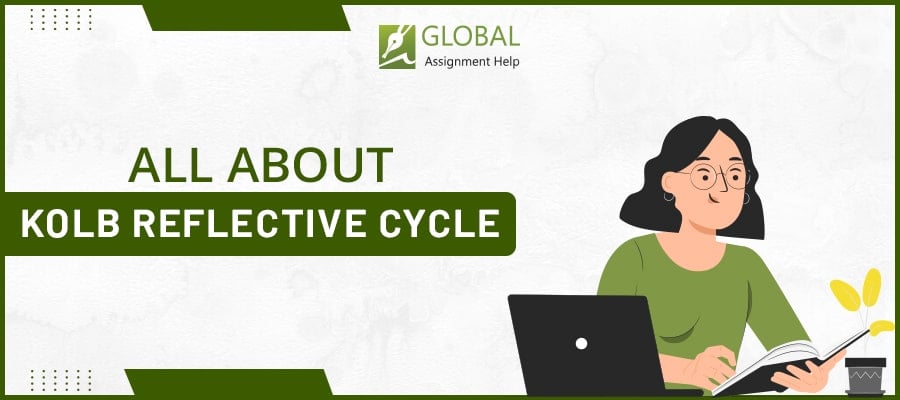






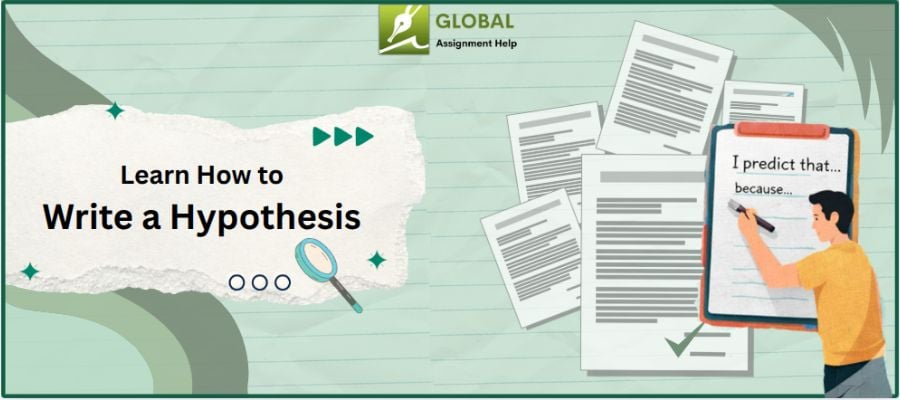
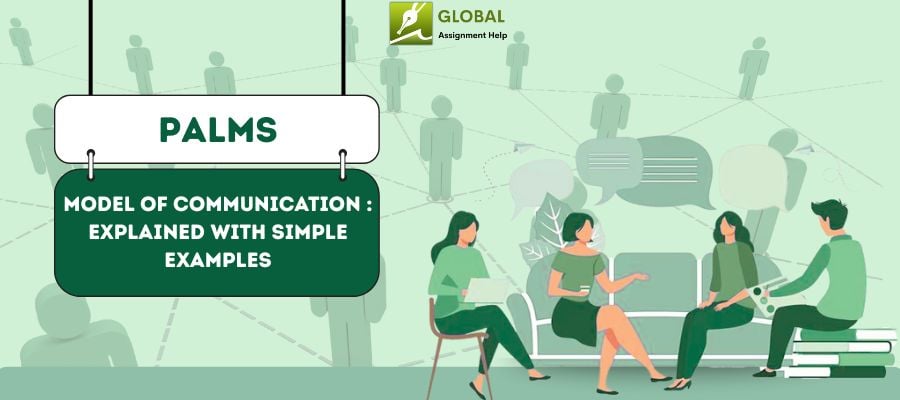
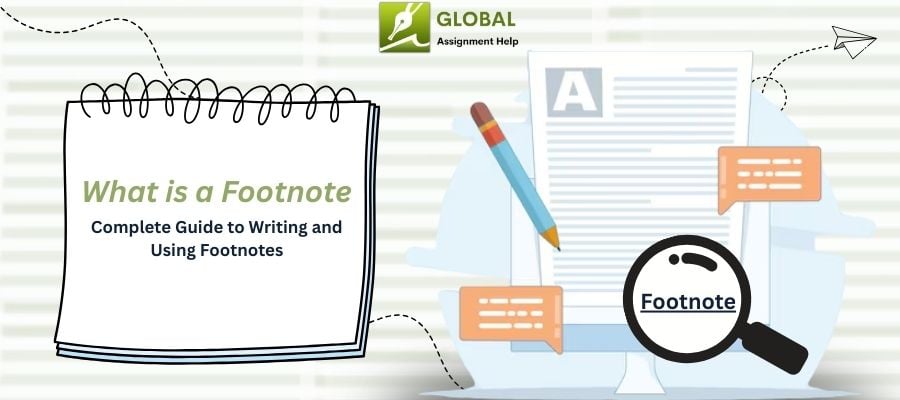
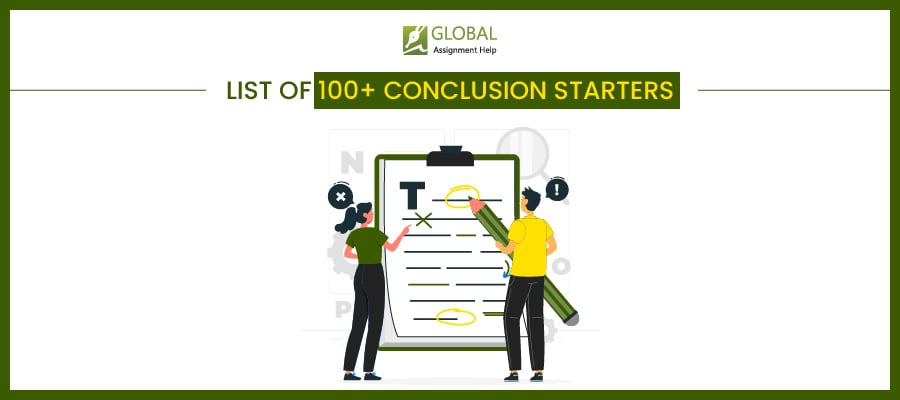
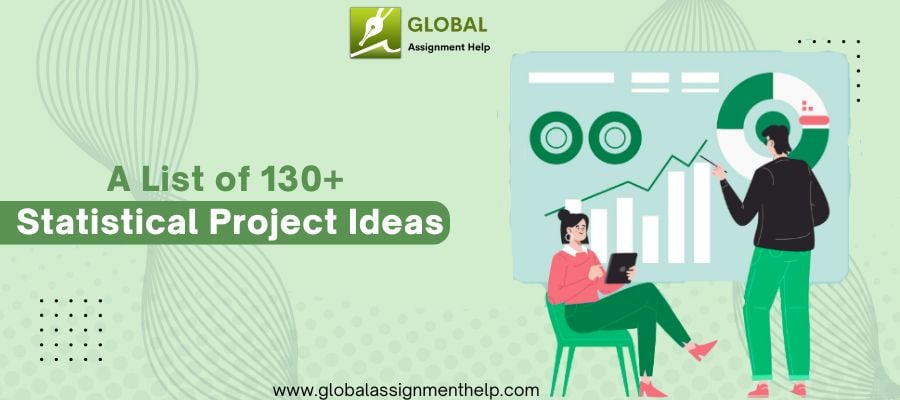
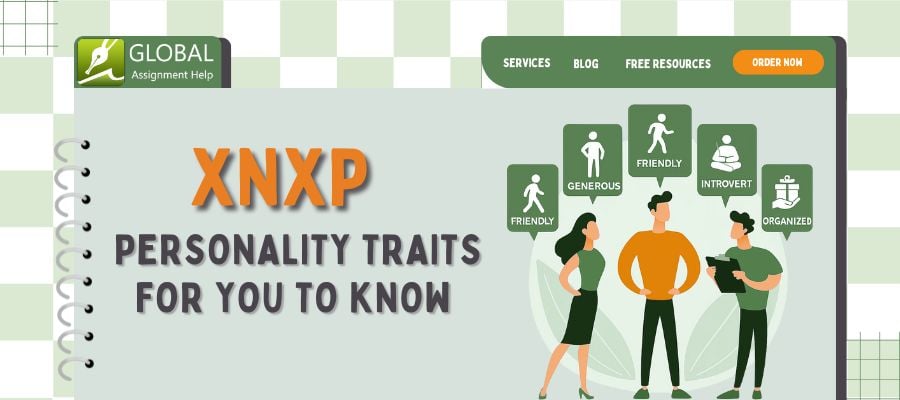
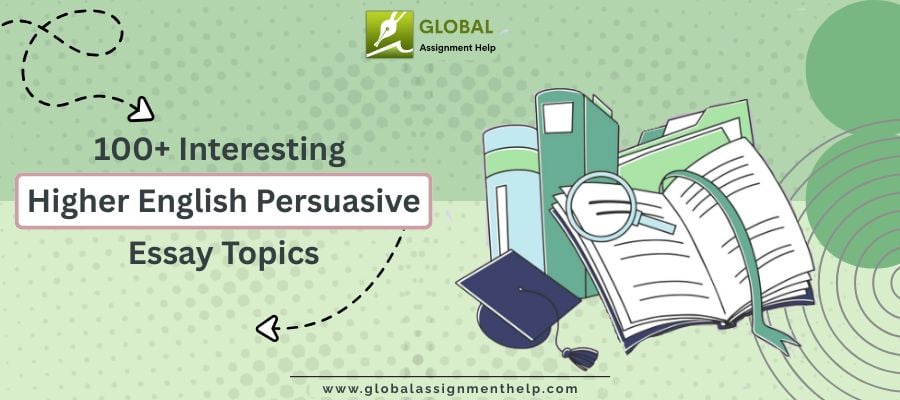














Thank you for submitting your comment on this blog. It is under approval. We will carefully review your submission and post it on the website.